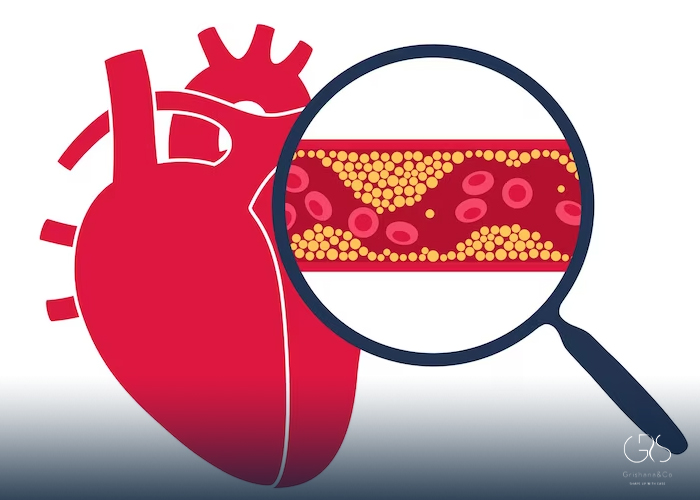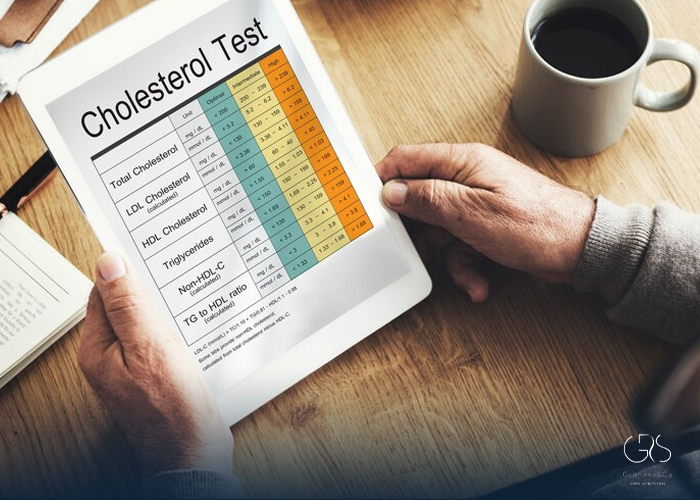High cholesterol levels are a growing concern in today’s society, affecting millions of people worldwide. Among the various types of cholesterol, LDL (low-density lipoprotein) cholesterol is often cited as one of the main contributors to heart disease and other cardiovascular conditions. In this comprehensive guide, we will delve into the intricacies of LDL cholesterol, examining its significance, the impact it has on our health, and diverse perspectives surrounding it. We’ll also explore effective strategies for managing high LDL cholesterol levels and leading a heart-healthy lifestyle.
Understanding LDL Cholesterol:
LDL cholesterol, often referred to as “bad” cholesterol, is a type of lipoprotein that carries cholesterol particles from the liver to different parts of the body. While cholesterol is essential for certain bodily functions, an excess of LDL cholesterol can lead to the buildup of plaque in the arteries, resulting in a condition known as atherosclerosis. Atherosclerosis, in turn, is associated with an increased risk of heart attacks, strokes, and other cardiovascular diseases.
Diverse Perspectives on LDL Cholesterol:
Medical Perspective:
- Medical professionals consider LDL cholesterol to be a significant risk factor for developing heart disease and stroke. They focus on lowering LDL cholesterol levels through lifestyle changes, such as dietary modifications, exercise, and medication when necessary.
Dietary Perspective:
- Some dietitians argue that the focus on reducing dietary cholesterol intake may be oversimplified, as saturated and trans fats have a more significant impact on LDL cholesterol production. They advocate for a balanced approach that emphasizes consuming healthy fats and whole foods.

Genetic Perspective:
- Genetics plays a role in cholesterol regulation, and certain genetic mutations can lead to familial hypercholesterolemia, a condition characterized by very high LDL cholesterol levels. Understanding genetic factors can help identify individuals who may need more intensive treatment.

LDL Cholesterol and Health:
Risk Factors:
- Certain factors, such as age, gender, family history, smoking, and obesity, can increase the likelihood of high LDL cholesterol levels and related health problems. Knowing and addressing these risk factors is crucial for effective management.
Impact on Heart Health:
- Elevated LDL cholesterol levels have a direct impact on heart health. The accumulation of plaque in the arteries restricts blood flow, increasing the risk of heart attacks and other cardiovascular diseases.
Relationship to Metabolic Syndrome:
- Metabolic syndrome is a cluster of conditions, including obesity, hypertension, and abnormal blood sugar levels, that often coexist with high LDL cholesterol levels. Understanding these interrelationships helps develop comprehensive treatment strategies.

Managing High LDL Cholesterol Levels:
Lifestyle Modifications:
- Adopting a heart-healthy diet, engaging in regular physical activity, quitting smoking, and managing stress are all crucial steps in effectively managing high LDL cholesterol levels.
Medications:
- In some cases, lifestyle changes alone might not be sufficient, and medications such as statins, bile acid sequestrants, and PCSK9 inhibitors may be prescribed to help lower LDL cholesterol levels.
Conclusion:
LDL cholesterol, also known as “bad” cholesterol, plays a significant role in cardiovascular health. While there are differing perspectives on how to best manage LDL cholesterol levels, it is widely acknowledged that lifestyle modifications and, in certain cases, medication can help reduce the risks associated with high LDL cholesterol. By understanding the impact of LDL cholesterol and implementing appropriate lifestyle changes, individuals can take control of their health and reduce the risk of heart disease.
Sources
- American Heart Association, Official Heart Health Guidelines
- National Heart, Lung, and Blood Institute, Lung, and Blood Institute: Expert Insights on LDL Cholesterol
- Harvard Health Publishing, Dietary Perspectives on LDL Cholesterol
- Mayo Clinic, Genetic Factors and LDL Cholesterol
- Centers for Disease Control and Prevention, Risk Factors for High LDL Cholesterol
- British Heart Foundation, Impact of LDL Cholesterol on Heart Health
- National Institute of Diabetes and Digestive and Kidney Diseases, Link between Metabolic Syndrome and LDL Cholesterol






